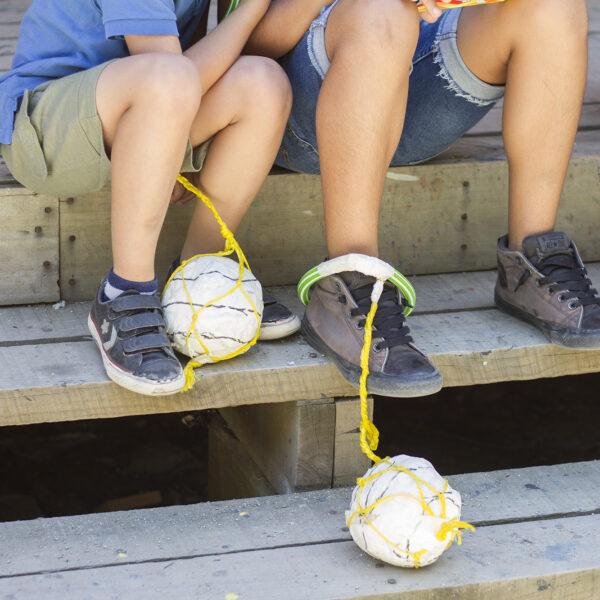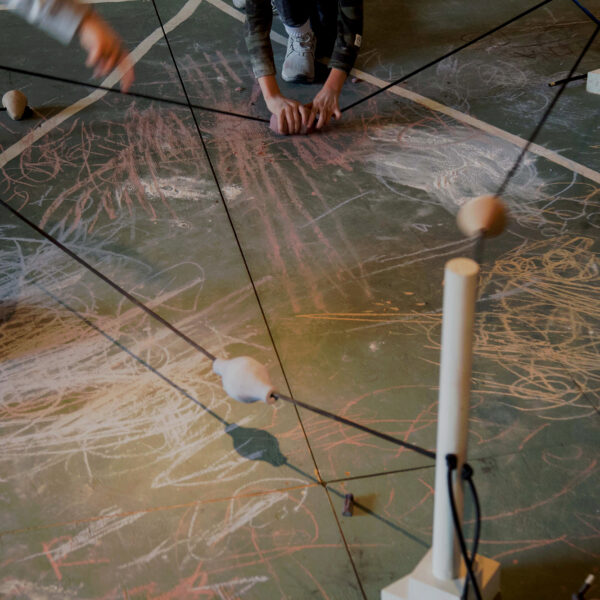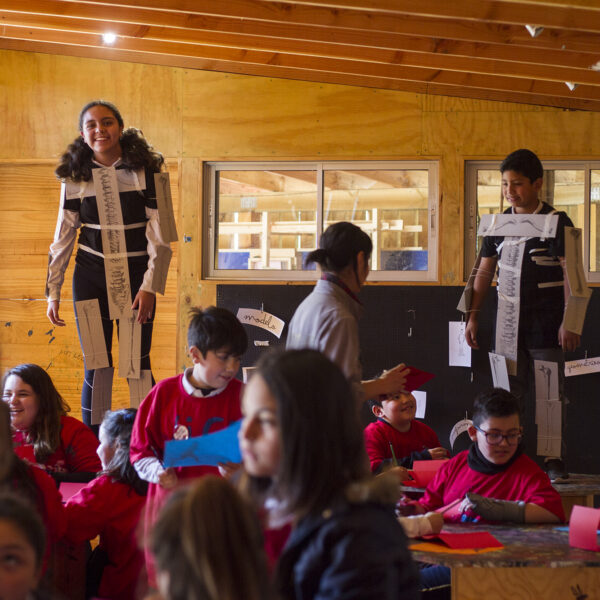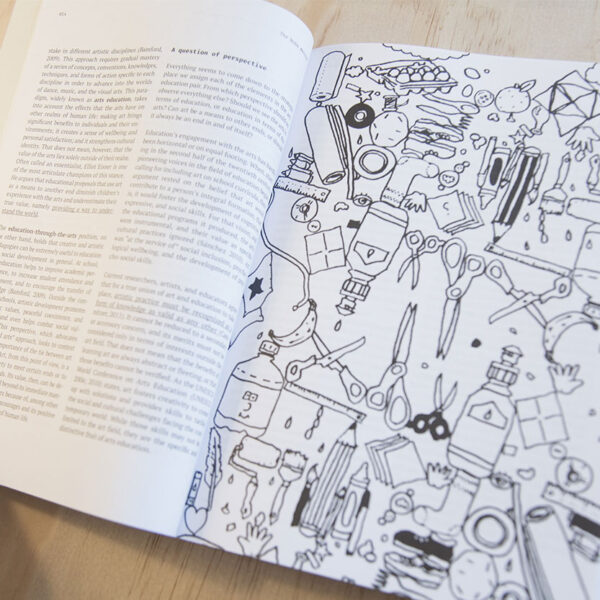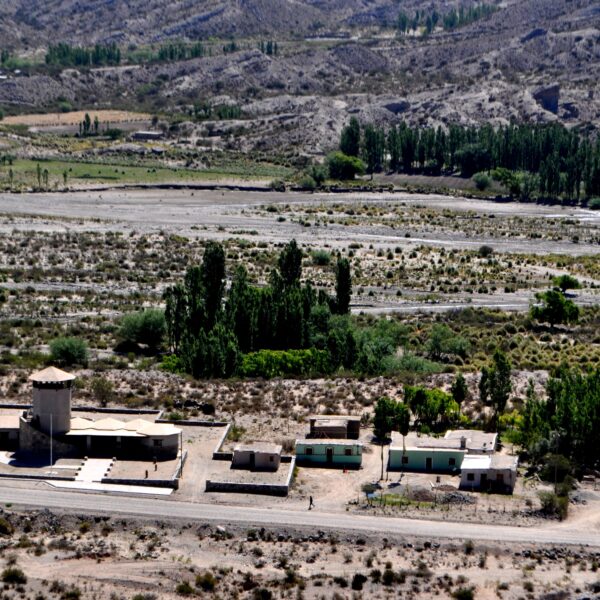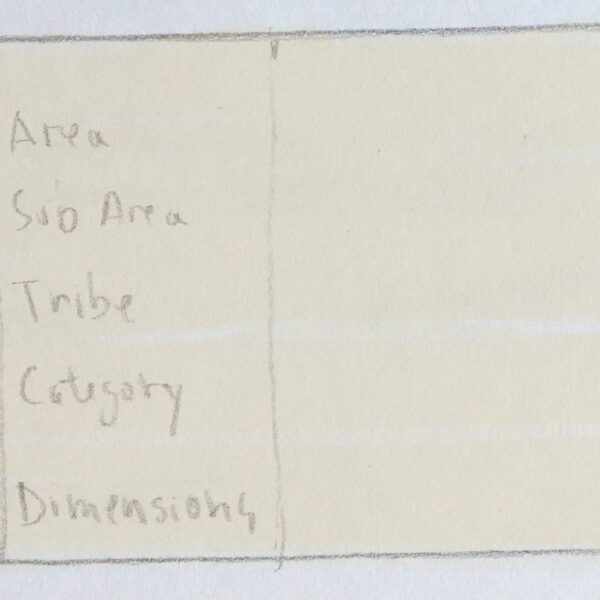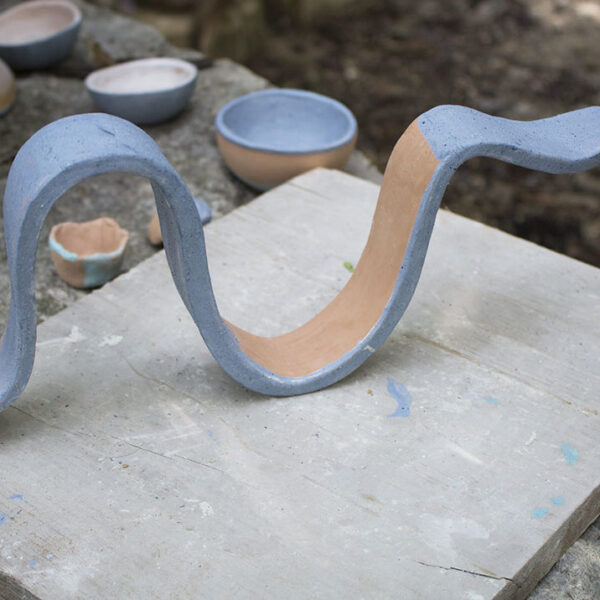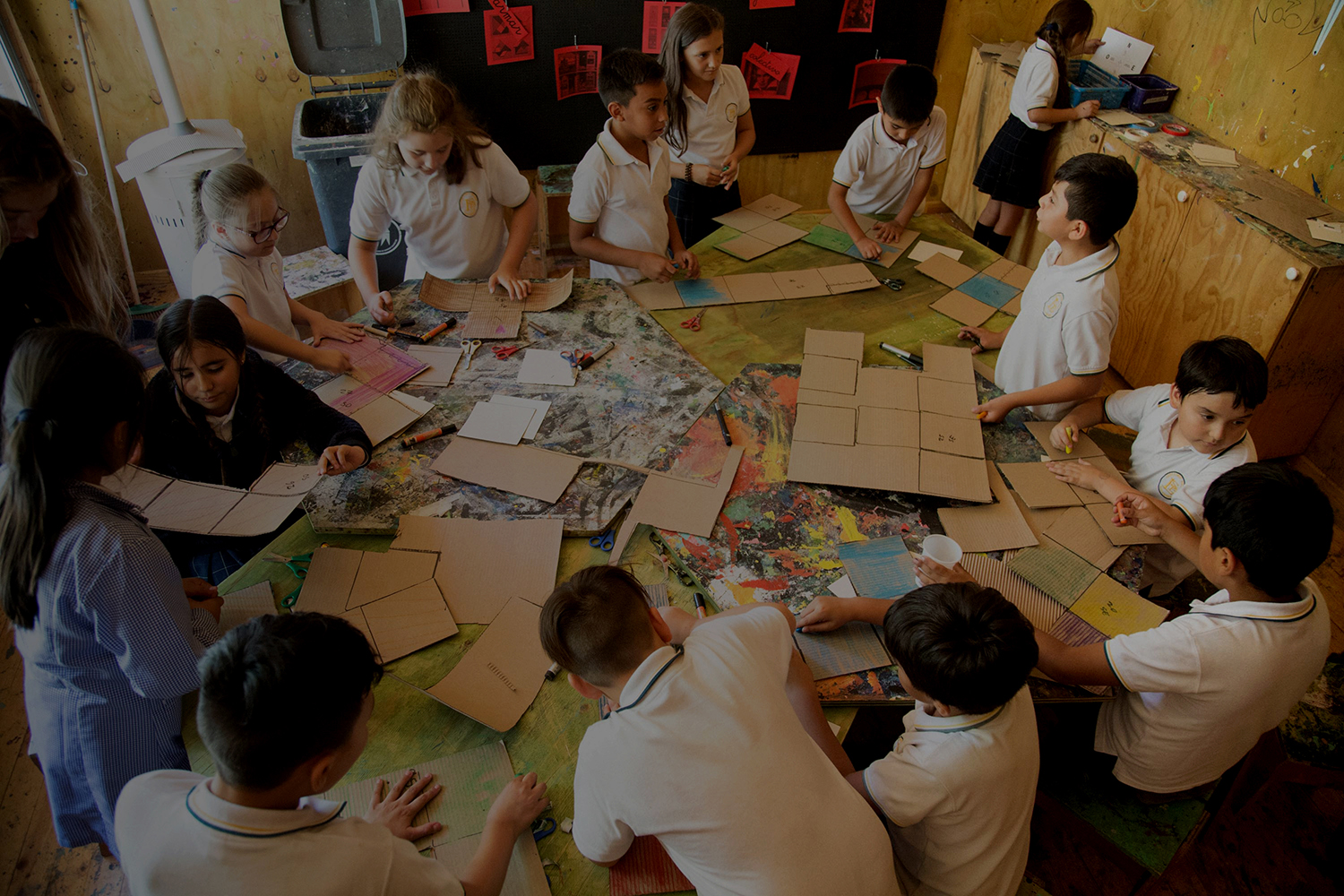
Our educational model is inspired by the dynamics of the artist’s workshop, giving special attention to experimentation, creative processes and contextual work.
Although we have reached more than 3000 students to date, our main challenge is still to find new ways to disseminate our methodology and bring the pedagogical tools of the contemporary arts to the most remote places in Chile.
In 2011, a group of Chilean students became the protagonists of a social movement that sought to bring to light educational concerns which had been neglected for decades within public debate. The neoliberal model inherited from the dictatorship has created a gulf between the quality of public and private education; and since education is one of the main mechanisms of social mobility, this quality gap has reinforced and perpetuated social inequality.
Nube was born at this time, as an initiative launched by a group of women artists and anthropologists motivated by the need to provide a thoughtful perspective on the education problem in general and public education in particular.
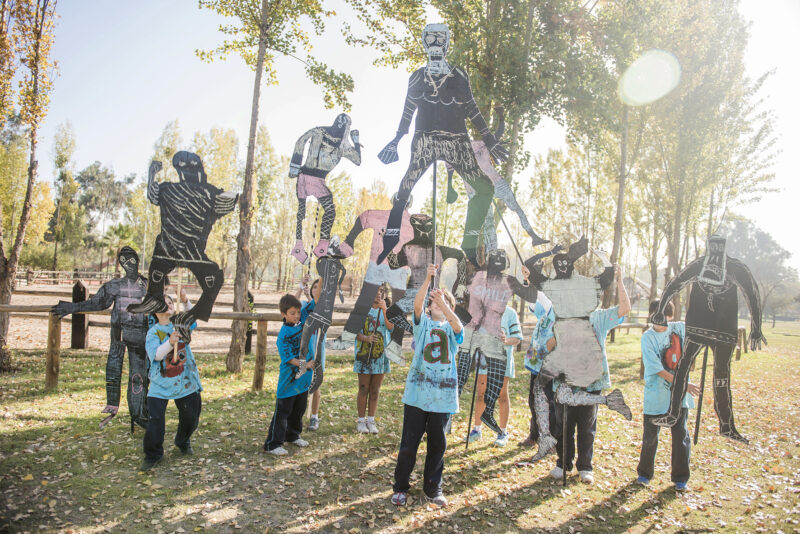
In 2012 we began our work alongside public schools of the Municipality of Las Condes with the intention of building more equitable and sustainable societies. Inspired by the artist’s workshop, we designed a pedagogical model that develops and empowers creative skills to face the new challenges posed by contemporary societies.
In 2014 we became an NGO and within these five years of operation we have managed to standardise a structure for how artists work at their studio, in order to develop a methodology that can be brought into the classroom to work with children through play and experimentation. Alongside this, we have developed tools, strategies and resources for every stage in the educational process.
More than 3000 boys and girls from public schools have participated in the curricular programs we carry out in our workshop located in the Alberto Hurtado Park in Santiago. In these years we have measured our results and impact on students, identifying an increase in cognitive skills in visual analysis, improved collaborative work in the classroom, and increased creativity and access to art.
For the next 3 years our goal is to be able to bring this working methodology to educational communities throughout Chile, inviting teachers to be part of a network of artists and sharing tools with them to help them see their own content with a different perspective, one that is more sustainable and meaningful.
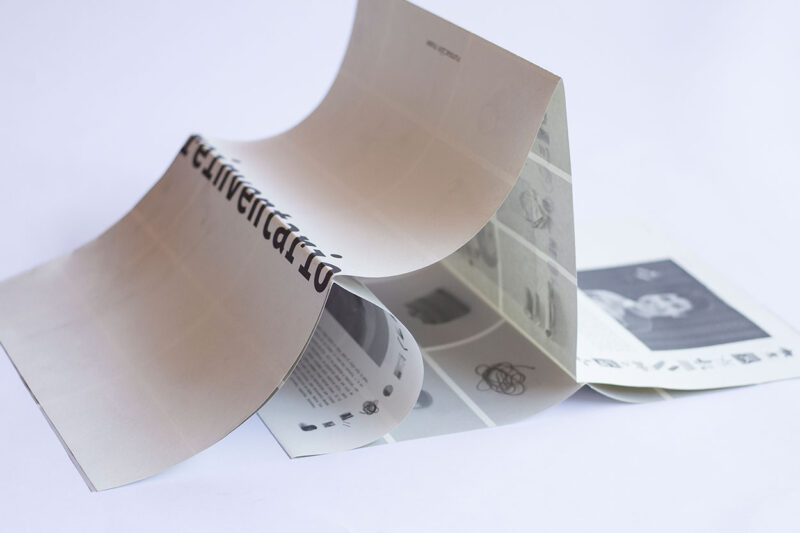
We will start the school this year 2020 with the creation of a two-year programme to certify schools in the Nube method through training and consultation. The certification is aimed at Visual Arts teachers, as well as teachers in other subjects, who will be part of a network of cultural and educational collaborators. They will receive support and resources to incorporate the methodology into their pedagogical work.
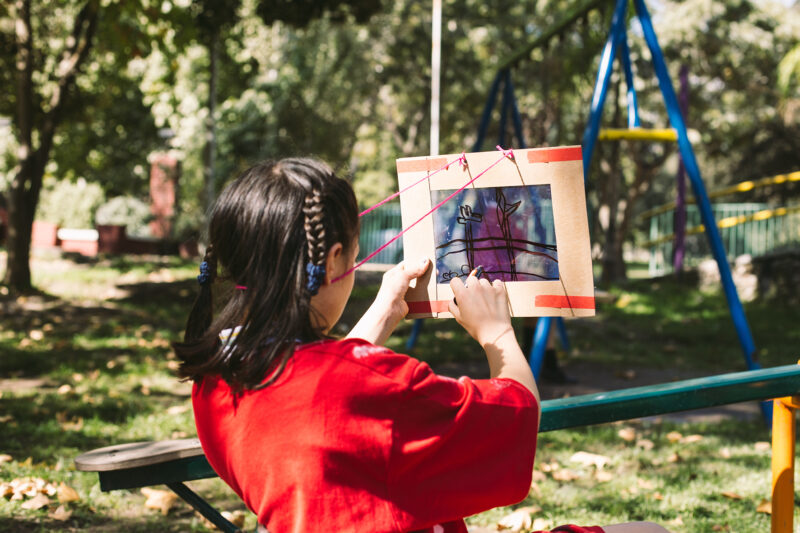
We will offer courses for teachers and optional workshops for schools, with the conviction that the arts play a crucial role in society and that taking them to the school will generate relevant cultural achievements in relation to equality, respect and diversity. In addition to being a tool for promoting creativity, it will also encourage collaboration and autonomy, essential skills to face today’s life challenges.

In order to publish quality educational and artistic material, independently and at a low cost, this programme will also accommodate the creation of a small editorial workshop that will contain digital tools and simple analogue technology, allowing us to distribute content for teachers and students so they can use it in the classroom and thus increase remote access to schools across the country.
Additionally, the Nube School of Artists-teachers plans to build a space where art and education are part of the same ecosystem.
For this purpose, we are designing a location with workshops for students, workshops for artists, a shared tool workshop where artists-teachers can teach children, a space for research and collaborative work, an exhibition hall and a café.
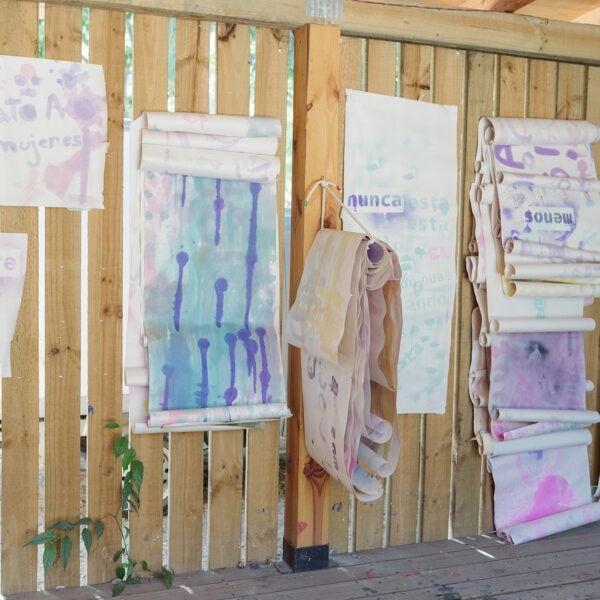
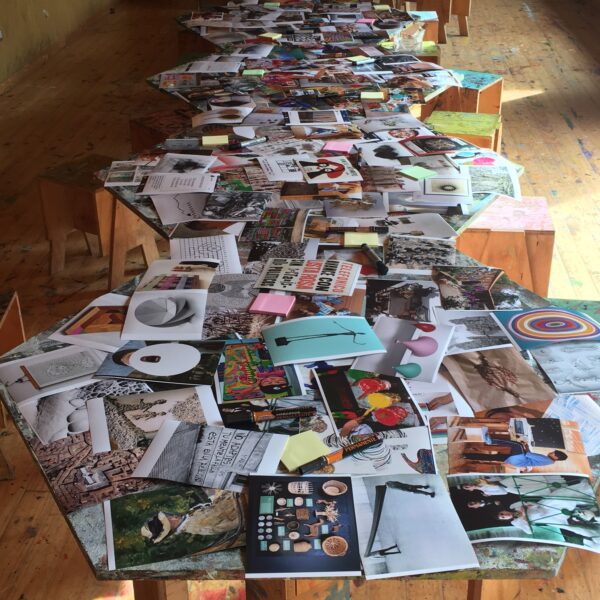

sisisi
